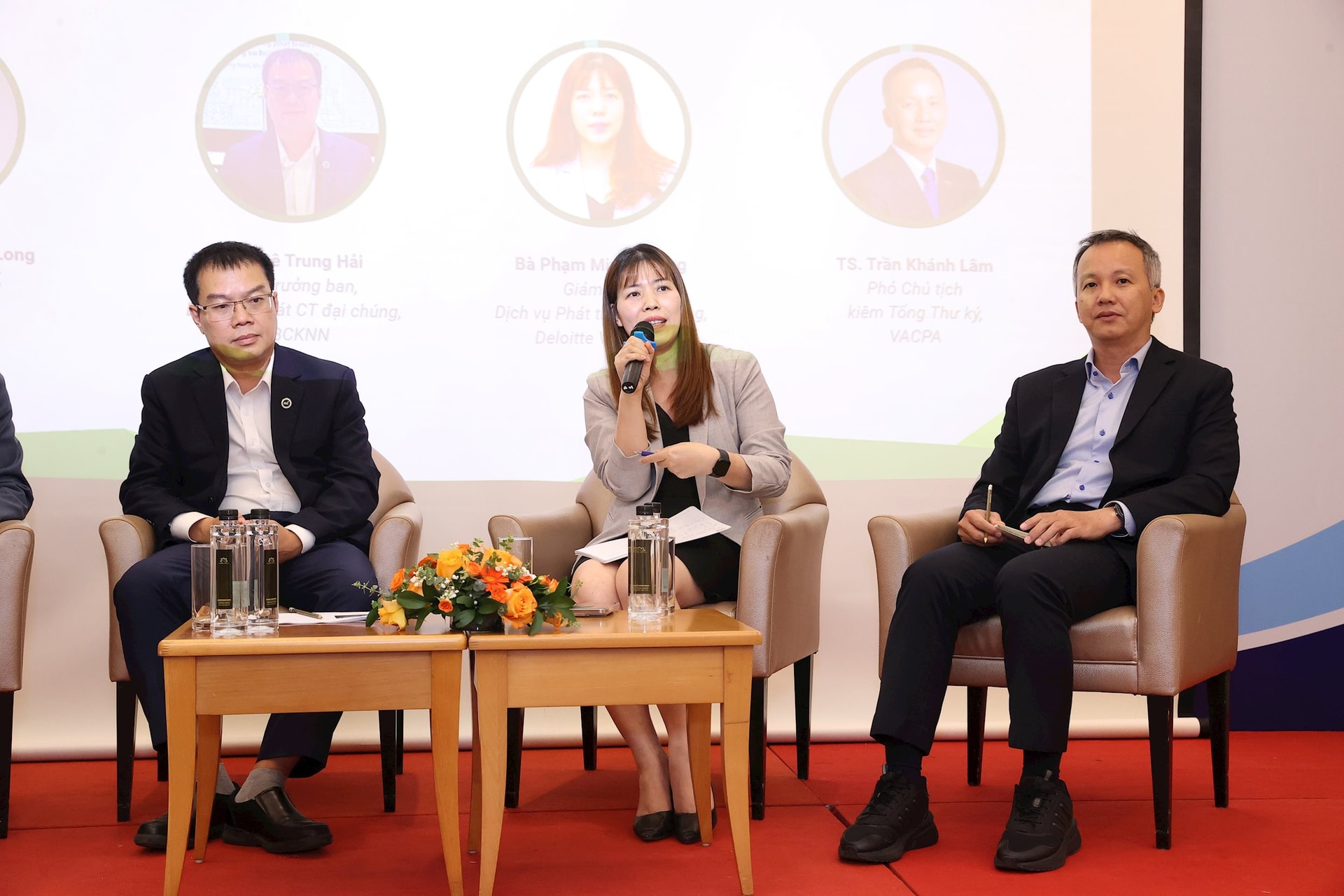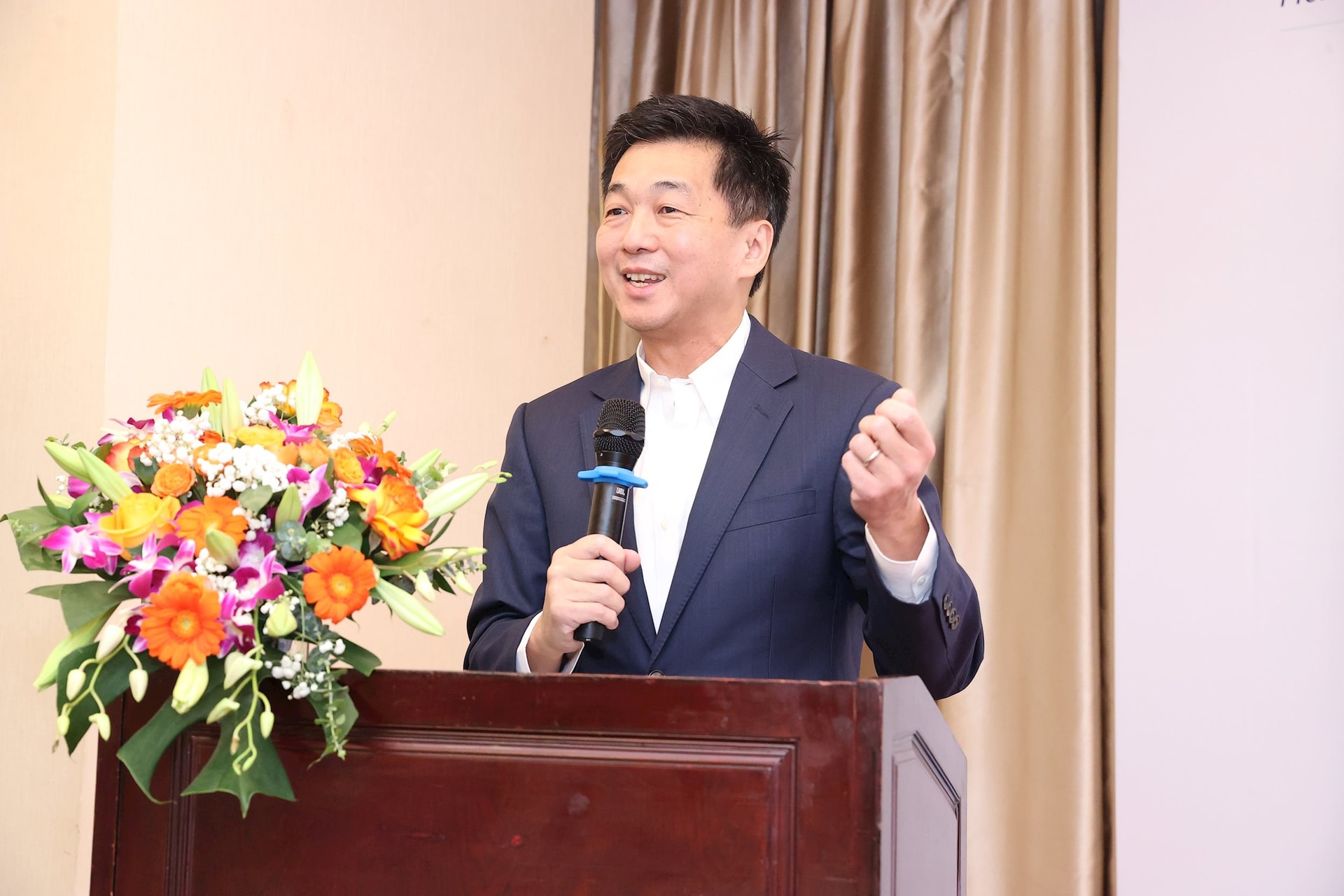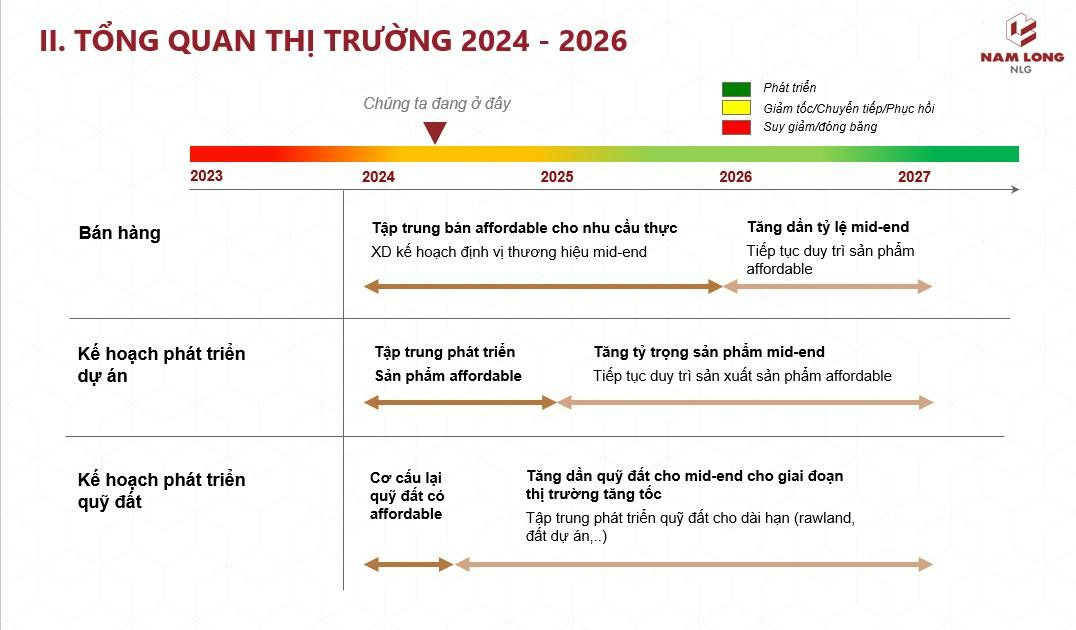Climate Change, Corporate Sustainability, and the Role of Leadership: Unraveling the Latest Developments and Strategies
In early 2025, significant shifts in the commitments of major financial institutions towards climate initiatives took place. On January 9, BlackRock, the world’s largest asset management company with $11.5 trillion in assets, officially withdrew from the Net Zero Asset Managers Initiative (NZAMI).
BlackRock cited “confusion over climate efforts” as the reason for their decision and faced pressure from politicians. A few days later, on January 13, NZAMI announced a pause in its member tracking and reporting activities, removing the list of members and their published targets from its website for a comprehensive review amidst these new developments.
Earlier, in early 2024, several other large financial corporations like State Street and JP Morgan, along with BlackRock, had also withdrawn or significantly reduced their participation in the Climate Action 100+ alliance.
Is Sustainable Development Still a Necessary Business Strategy?
“As more organizations withdraw from net-zero emission associations, is climate change still a pressing issue?” asked Pham Minh Huong, Director of Sustainable Development & Climate Change Consulting Services at Deloitte Vietnam, during a workshop on “Corporate Governance and Climate Change Governance: A Perspective from Transparency and Efficiency.”
The workshop was organized by the Vietnam Institute of Directors (VIOD) and the Vietnam Association of Certified Public Accountants (VACPA) on the afternoon of May 13.

Pham Minh Huong, Director of Sustainable Development & Climate Change Consulting Services, Deloitte Vietnam
According to Huong, the core causes of climate change remain the issues of pollution and greenhouse gas emissions from business operations. She emphasized that while legal regulations are important, the impetus for businesses to act should stem from recognizing the long-term impacts of climate change.
To prepare for effective responses, businesses need to proactively assess risks and impacts now and build resilience to extreme weather events. In reality, many pioneering businesses, especially those with export products or foreign investment, have been actively implementing sustainable development strategies.
Discussing solutions to reduce greenhouse gas emissions towards the net-zero target, Huong pointed out a notable aspect. Among measures such as reducing heat energy consumption or investing in new technologies, improving energy efficiency surprisingly brings significant impacts. Specifically, improving energy efficiency by just 1-8% can be as effective as cutting coal-fired power output by 50%.
Thus, the journey towards net-zero does not necessarily require massive investments in new technologies or a complete business model overhaul but can start with practical and simple solutions.
In reality, some experts argue that despite the wave of withdrawals from organizations like NZBA, NZAMI, and Climate Action 100+, not all organizations are experiencing this. Political pressure from Republican politicians in the US under the administration of President Donald Trump is considered the main factor leading to these decisions.
Climate Change Governance: The Central Role of Boards and Executives
Sharing a different perspective on the urgency of action, Simon C.Y. Wong, a member of the VIOD Professional Advisory Board and Head of Sustainable Finance at the Cambridge Institute for Sustainability Leadership (CISL), cited alarming figures.
A study by scholars at the Potsdam Institute for Climate Impact Research (Germany) found that by 2049, the global cost of climate change impacts could exceed $38 trillion per year.
“Climate action is a process for any company,” emphasized Simon Wong.

Simon C.Y. Wong, Member of VIOD Professional Advisory Board
Accordingly, Simon Wong suggested that climate issue oversight needs to be placed on a solid governance structure foundation, from the Board of Directors (BOD) to the executive level. The executive team is responsible for building consensus with the BOD, among senior leaders, and disseminating this commitment throughout the organization.
Building robust sustainable development capabilities for both the BOD and the executive team is crucial. Simon also pointed out the role of assurance in sustainability reports and commitments as a challenge businesses need to overcome to enhance transparency and trust.
In the ASEAN region, Simon Wong observed that most companies are in the early stages of their sustainability journey. International experience shows that BODs play a central role in corporate governance and must guide companies to take specific climate-related actions.
Similar to other regions globally, Southeast Asian BODs are increasingly expected to lead the climate transition process. For example, in Malaysia, the Corporate Governance Code clearly states: “The Board and the senior management are responsible for sustainability governance in the company.” The Code also requires the BOD to “keep themselves updated and informed of sustainability issues relevant to the company and its business, including climate-related risks and opportunities.”
In Thailand, the central bank requires the BODs of financial institutions to “determine the strategic direction, risk appetite, key policies, and overall framework to address short-term and long-term environmental changes.”
To support this process, adopting international standards can help create alignment and coherence within businesses. Some pioneering companies in Southeast Asia have even started implementing internal carbon pricing mechanisms as a tool to drive the climate transition.
Finally, Simon Wong emphasized the importance of experiential learning as an effective method to equip BODs with the necessary knowledge and confidence to successfully lead the climate change governance process in their organizations.
“TTC AgriS: Strategic Partnership with the Ministry of Agriculture and Environment”
On May 10, 2025, in Bac Ninh, TTC AgriS took a giant leap forward in the agricultural sector by partnering with the Ministry of Agriculture and Environment. This strategic collaboration marks a pivotal moment as we pioneer the implementation of Resolution 57-NQ/TW, leading the way in the digital transformation of circular agriculture.
Carbon Trading Platform: Vietnam to Launch Pilot in June 2025
The Vietnamese government has unveiled an ambitious plan for a national carbon market. According to the proposal, a pilot carbon trading platform will be launched in June 2025, with official operations commencing in 2029. This marks a significant step forward in Vietnam’s commitment to tackling climate change and transitioning to a low-carbon economy.
All Set to Soar!
At the dawn of a new Spring, Tien Phong reporters had the honor of discussing with leading experts and National Assembly delegates regarding the strategic orientations of General Secretary To Lam. The focus of these conversations revolved around a new era – an era of Vietnam’s great leap forward as a nation.
The Power of a Robust Senior HR Foundation: Propelling MBV Bank to New Heights
On December 18, 2024, OceanBank unveiled its new identity as Modern Vietnam Bank (MVB), underscoring its commitment to innovation, agility, and optimizing efficiency.




















